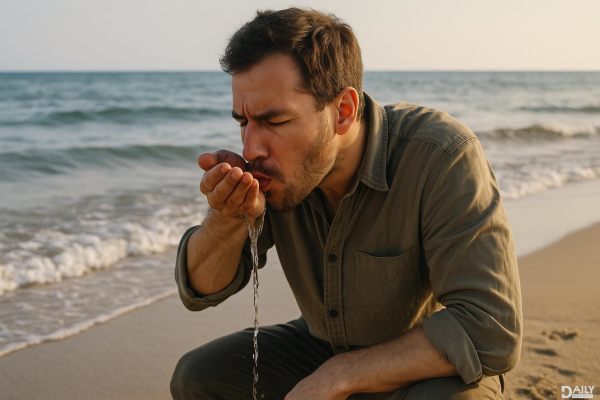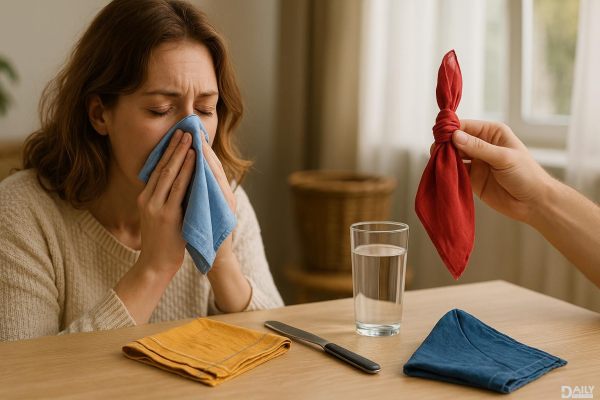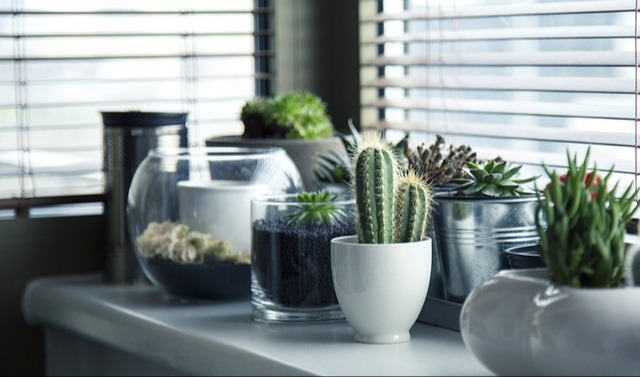Can you drink seawater? Short answer: no, not if you want to survive. That salty cocktail might look tempting when you're stranded on a deserted island, but chugging it is a one-way ticket to dehydration city. Your kidneys will work overtime trying to flush out all that excess salt, leaving you thirstier than before—and that's before we even talk about the other nasty stuff floating in there.

Here's the deal—your body runs on a delicate balance of salt and water. Seawater contains about 3.5% salt, while your body's fluids hover around 0.9%. When you drink seawater, your kidneys have to remove that extra salt by producing more urine. But here's the kicker: you'll lose more water through urination than you actually took in from drinking. It's like trying to put out a fire with gasoline. Within hours, you'll experience severe dehydration symptoms: dizziness, confusion, and eventually organ failure. Historical accounts from shipwreck survivors show people going mad with thirst after drinking seawater, some even hallucinating about fresh water springs in the ocean.
Before you start eyeing that ocean like a giant Gatorade cooler, let's talk real survival tactics. If you're stranded at sea, catching rainwater should be your top priority. Even a makeshift solar still (a plastic sheet over a container to collect condensation) can produce drinkable water. Some fish have relatively low-salt body fluids that can be squeezed out in emergencies—just don't try this with sharks unless you're looking for trouble. The key is thinking creatively about hydration sources without reaching for the saltwater bottle.
History's full of cautionary tales about seawater consumption. During World War II, life raft survivors who drank seawater lasted about 3-5 days before perishing, while those who abstained often survived longer despite extreme thirst. The famous 1942 Raft of the Medusa incident saw survivors resorting to drinking their own urine before considering seawater—that's how bad an idea it is. Modern survival experts universally agree: no amount of seawater is safe to drink, no matter how parched you become.
Thankfully, we've come a long way since the days of desperate sailors. Today's life rafts come equipped with reverse osmosis desalinators that can turn seawater drinkable—though these require manual pumping that feels like the world's worst workout. Emergency desalination tablets can help in a pinch, and high-tech survival straws can filter out salt along with other contaminants. The military even has special hydration packs that extract moisture from the air. All these options beat gambling with seawater by a nautical mile.
Next time you're at the beach and get the urge to take a big gulp of the ocean, remember—that's nature's way of saying "not for drinking." While the sea gives us many gifts, hydration isn't one of them. Stick to fresh water sources, get creative with condensation collection, and leave the seawater for the fish. Your kidneys (and your survival chances) will thank you.
























